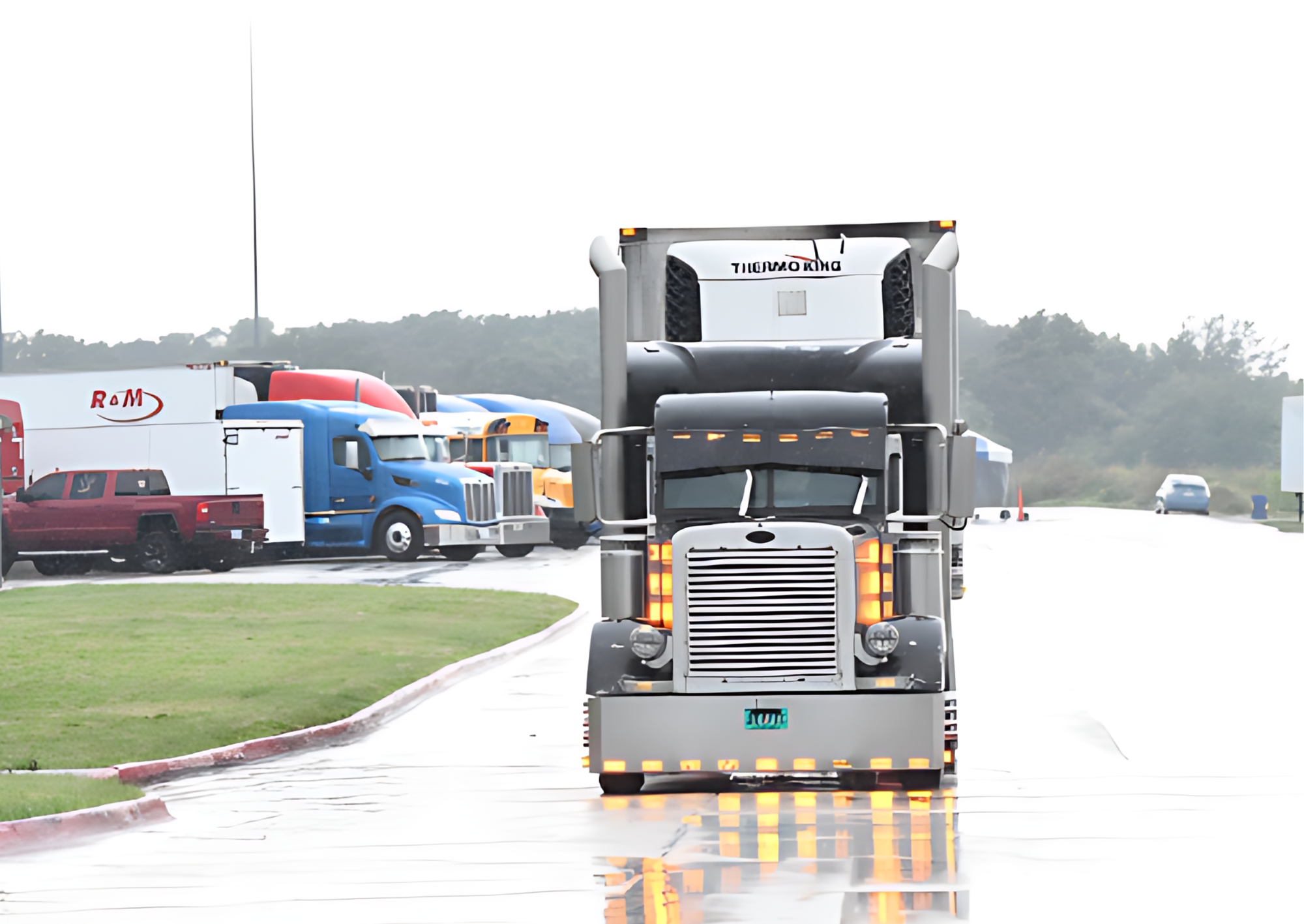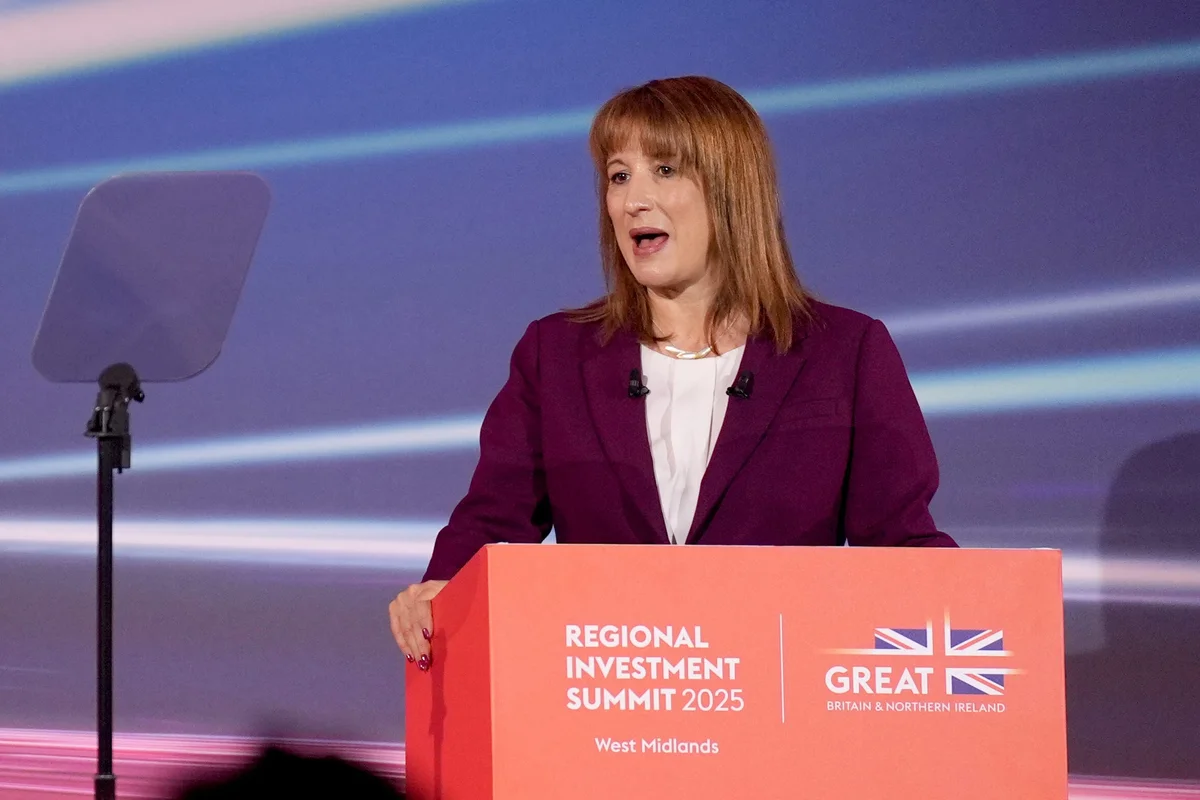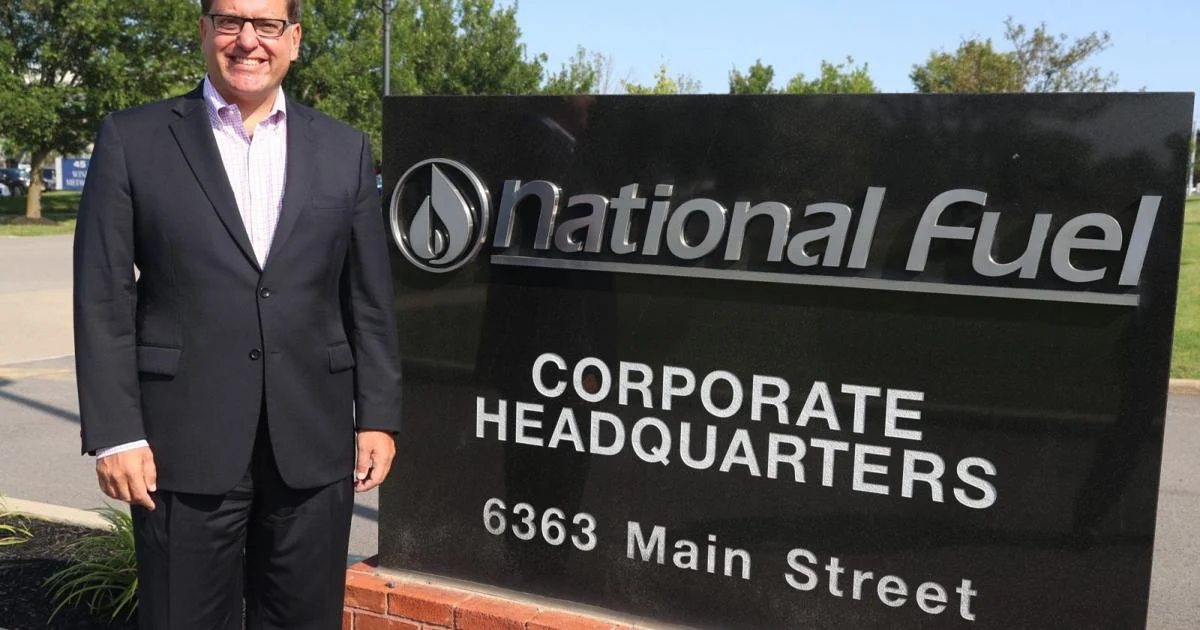Copyright FreightWaves

And yet, drivers in the trenches have a different story. We’re not short on truckers. We’re short on good-paying jobs, respectable working conditions, and retention-minded employers. Driver churn at large fleets is sky high, with some companies cycling through 90% of their workforce annually. Why? Because wages haven’t kept up. Because quality of life has taken a back seat. And because drivers are treated as expendable. But rather than focus on fixing why people are leaving, the ATA doubled down on importing more labor — and that’s where the damage began. The Backdoor Opened — And the Floodgates Followed Take a look at the policy playbook. When the ATA pushed the “driver shortage” agenda, it created the perfect excuse for the federal government to open the door to non-domiciled CDL holders — individuals who may not live permanently in the U.S., but are authorized to operate 80,000-pound vehicles on our highways. And now? We’re staring down nearly 200,000 non-domiciled CDL holders in active circulation — many of whom received licenses from states later accused of cutting corners during the issuance process. These aren’t hypotheticals. These are facts — confirmed by the Department of Transportation, scrutinized in court filings, and echoed by frontline dispatchers and fleet owners across the country. Worse, some brokers and large shippers are knowingly opting for these drivers because they come cheaper — sometimes by $400 to $500 per load. That’s not just undercutting; it’s erosion from within. It’s not a stretch to say the shortage narrative has become a Trojan horse — not for workforce expansion, but for wage suppression and market manipulation. And the ATA helped build it. Shifting Messages, Shifting Loyalties Let’s not ignore the receipts. In March 2025, the ATA published a blog post stating: “No, millions of foreign truck drivers aren’t flooding into the U.S.” Then — just six months later — their president, Chris Spear, released another post titled: “Cheaters Are Undercutting America’s Trucking Industry. The Trump Administration Must Stop It.” Which is it? You can’t on one hand defend the presence of non-domiciled labor, and on the other hand blame “cheaters” for collapsing the market. Especially not when your own lobbying contributed to the conditions that allowed it. And let’s be clear: the ATA isn’t confused. They’re just caught in a messaging trap of their own making — trying to defend mega fleets on one side while pretending to care about the American trucker on the other. The mic they’re holding only amplifies the concerns of the largest players in the room. When the Truckers Spoke Up, It Wasn’t the ATA Who Listened Meanwhile, the real voice of the American trucker has been rising — not in Washington, not in boardrooms, but on platforms like X (formerly Twitter). That’s where FreightX was born. FreightX isn’t a formal organization. It’s a movement — a digital alliance of truckers, owner operators, small fleet owners, and advocates who share real-time market data, policy breakdowns, safety violations, and wage abuse stories. They’ve raised awareness, exposed shady practices, and fought for common-sense reform in public, with receipts, and without funding. While the ATA was cozying up to D.C., FreightX was pushing back against fraud on the load boards, calling out corruption in CDL programs, and shining a light on good carriers being locked out of broker systems. FreightX did more for small carriers through tweets than the ATA has accomplished in decades of lobbying. And that’s the shift. That’s the moment the public conversation passed the ATA by. Follow the Money — And You’ll See Who They Represent Let’s be real. The ATA doesn’t represent the independent contractor. They don’t speak for the one-truck operator in Mississippi. They don’t show up for the dispatch service hustling in Georgia. They don’t advocate for the small fleet caught between compliance chaos and rate pressure. They represent the top 100 for-hire carriers in the country, many of whom have spent millions lobbying for policies that pad profits while squeezing the people doing the work. In its 2020 Annual Report, ATA showcased its core lobbying priorities — including tort reform, automation, and driver recruiting initiatives. But for anyone reading between the lines, the real takeaway isn’t what they said — it’s what they didn’t. There’s zero mention of advocacy specifically for independent contractors, leased-on owner-operators, or small fleets — even though these groups make up over 90% of the industry by fleet size. That omission is telling. ATA’s priorities are laser-focused on: Lowering operating costs for mega-carriers Expanding access to cheaper labor pools through driver pipeline programs Defending large fleet protections in litigation (e.g., tort reform and preemption policies) Advocating for broader automation tech to reduce labor dependency And while they’ve thrown their support behind entry-level driver training standards and wage growth in general terms, they’ve also been at the center of narratives like the “driver shortage crisis” — a talking point that many now see as a wage suppression tactic used by the largest carriers to justify importing lower-cost labor. They’ve fought to weaken safety regs under the banner of efficiency. They’ve defended double brokering and overcapacity — all while telling us the problem is too few drivers. And now, they’re calling on the Trump Administration to “step in”? After years of playing both sides? It’s time to say it clearly: the ATA no longer represents the American trucker. So, What Now? We’re at a crossroads — not just in trucking, but in representation. If you’re a carrier with 5 trucks trying to compete with a 5,000-truck operation, the ATA isn’t fighting for your survival. They’re protecting the system that keeps your profit margins squeezed while their members reap the benefits of cheaper labor, broader exemptions, and volume discounts. It’s time for new voices to rise. For independent coalitions to form. For those actually in the trenches — dispatchers, drivers, compliance experts, mentors, and small business owners — to take the mic. And it’s time to retire the shortage myth once and for all. We don’t need to bring in foreign labor to fill seats. We need to pay drivers fairly, treat them with respect, and build systems that retain talent instead of replacing it every 90 days. Final Thought ATA — we see you. We see the inconsistency. The changing stories. The influence-peddling. The silence during critical moments when the community needed a defender. We’ve heard the word “shortage” for years. But the only shortage we see now is of trust — and of accountability. So this is the ask: Step aside. Fall back from the policy front lines. Let the real voices of this industry rise. We are the drivers. The owner operators. The carriers. The brokers who play fair. The compliance folks and the educators. We are FreightX. We are the industry now. And we don’t need a lobbyist to tell our story.



